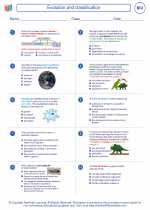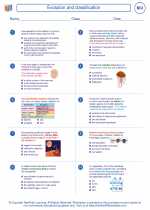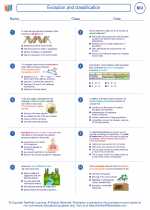Food Source
Food sources refer to the different types of substances from which living organisms obtain nutrients. These nutrients are essential for growth, maintenance, and repair of the body. Organisms require a variety of nutrients, including carbohydrates, proteins, fats, vitamins, and minerals, which they obtain from different food sources.
Types of Food Sources
Food sources can be classified into several categories:
- Plants: Many organisms, including humans, obtain a significant portion of their nutrients from plants. Examples of plant-based food sources include fruits, vegetables, grains, and legumes.
- Animals: Some organisms, such as carnivores and omnivores, obtain nutrients from consuming other animals. This includes meat, fish, and dairy products.
- Fungi: Certain fungi, such as mushrooms, are consumed by humans and other animals as a source of nutrients.
- Bacteria and Archaea: Some organisms obtain nutrients from consuming bacteria and archaea, either directly or indirectly through the consumption of other organisms.
- Processed Foods: Many modern diets include processed foods, such as snacks, canned goods, and packaged meals, which provide a convenient source of nutrients.
Nutrient Content in Food Sources
Each type of food source contains a unique combination of nutrients. For example, plant-based foods are rich in carbohydrates, fiber, vitamins, and minerals, while animal products are high in proteins, fats, and certain vitamins and minerals. Understanding the nutrient content of different food sources is essential for maintaining a balanced and healthy diet.
Impact of Food Sources on Health
The choice of food sources can significantly impact an organism's health. A diet that includes a variety of nutrient-rich food sources can promote overall health and well-being. Conversely, an imbalanced diet that lacks essential nutrients or contains excessive unhealthy components can lead to nutritional deficiencies and various health problems.
Study Guide
When studying the topic of food sources, consider the following key points:
- Understand the different types of food sources and the nutrients they provide.
- Explore the impact of food sources on the health of organisms.
- Learn about the importance of a balanced diet and the role of different food sources in achieving it.
- Examine the cultural, economic, and environmental factors that influence food choices and sources.
- Consider the ethical and sustainability aspects of various food sources and their production methods.
By thoroughly understanding food sources and their significance, you can make informed choices about your diet and contribute to the broader discussions on nutrition, agriculture, and food sustainability.
.◂Biology Worksheets and Study Guides High School. Evolution and classification

 Worksheet/Answer key
Worksheet/Answer key
 Worksheet/Answer key
Worksheet/Answer key
